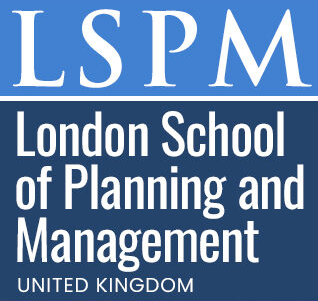Virtual Reality Early Science and Discovery Skills
Published on June 28, 2025
About this Podcast
HOST: Welcome to our podcast, where we explore innovative courses that shape the future of education! I'm thrilled to have [Guest Name], an expert in virtual reality and early childhood development, with us today. We'll be discussing the Virtual Reality Early Science and Discovery Skills course. Let's start by setting the stage for our listeners. Can you briefly explain what this course is about? GUEST: Absolutely! The Virtual Reality Early Science and Discovery Skills course is a captivating 3D experience designed for preschool and early elementary children aged 3-8. It fosters STEM learning through interactive play, enabling young learners to explore virtual worlds, conduct science experiments, and develop problem-solving skills. HOST: It sounds like a fantastic way to engage young minds in science. I'm curious, what inspired you to create this course, and how have your personal experiences influenced its development? GUEST: As an educator and VR enthusiast, I saw the potential for immersive technologies to revolutionize how we teach science to young children. I wanted to create a safe, stimulating space where kids could develop critical thinking, observation, and collaboration skills while having fun. HOST: That's wonderful. Now, let's talk about current trends in the industry. How does this course align with the latest advancements in virtual reality and early childhood education? GUEST: The course leverages cutting-edge VR technology to provide an engaging and interactive learning experience tailored to young learners' developmental needs. It aligns with current trends in edtech, such as personalized learning and gamification, to create a truly unique and effective educational journey. HOST: It's fascinating how technology can adapt to individual learning needs. Speaking of challenges, what obstacles did you encounter while developing this course, and how did you overcome them? GUEST: One challenge was ensuring the course was both safe and enjoyable for young children. We addressed this by incorporating strict safety measures and designing hands-on activities and engaging narratives to make learning fun and accessible. HOST: Safety is paramount when working with young children. Now, looking to the future, where do you see this area of virtual reality and early childhood education heading? GUEST: I believe we'll see more immersive technologies being used in classrooms to create dynamic, interactive learning experiences. The future of education is bright, and I'm excited to be a part of it! HOST: It's an exciting time for educators and learners alike. Thank you so much for joining us today, [Guest Name]. We're confident that the Virtual Reality Early Science and Discovery Skills course will inspire young learners and foster a love for science and exploration. GUEST: Thank you for having me! It's been a pleasure discussing this innovative course and its potential to transform early science education.
